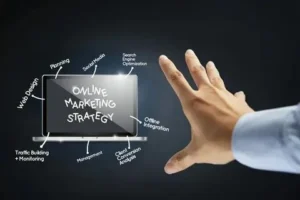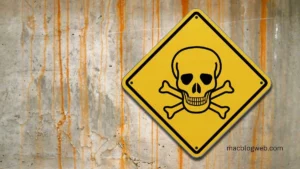The role of expert witnesses in legal proceedings is both fascinating and critical. These professionals provide the court with specialized knowledge that can be pivotal in making informed decisions. Through expert witness research, legal teams can identify the most credible experts to support their cases. Whether it’s a medical malpractice case or a financial dispute, the impartial insights from these experts can be game-changers.
Unlike ordinary witnesses, expert witnesses bring a wealth of expertise in their respective fields to the courtroom, assisting both the jury and the judge in understanding complex issues. Their testimony, grounded in years of professional experience and research, offers an objective perspective that can significantly influence the outcome of a trial. Understanding how to employ these witnesses effectively can provide a considerable advantage in legal proceedings.
Types of Expert Witnesses
Expert witnesses come from various professional backgrounds, each with a unique role to play based on their specific knowledge area. Common types include medical experts, forensic scientists, financial analysts, and engineering specialists. For instance, in a personal injury case, a medical expert might be called upon to testify on the extent of injuries and potential future medical needs. Their insights can influence the amount of compensation awarded. Legal cases involving complex financial matters often rely on financial analysts to provide clarity on intricate financial transactions, uncovering any potential fraudulent activities.
Another example is forensic experts in criminal cases, where their analysis of physical evidence can help establish critical facts. Engineering experts might be brought in for product liability cases to determine whether a design flaw caused an injury. The diversity in expertise means that legal teams can call upon the specific type of expert who will provide the most valuable insight for their particular case.
The Selection Process of an Expert Witness
Selecting the right expert witness is a meticulous process that requires thorough vetting to ensure they possess the necessary credentials and experience. Legal teams must confirm that the expert is not only knowledgeable but can also communicate their insights clearly and persuasively in court. Lawyers often prioritize experts with previous courtroom experience because their familiarity with the legal environment can significantly benefit the case’s presentation and interpretation.
This selection process involves extensive background checks, verifying the expert’s qualifications, and sometimes conducting mock trials to assess their effectiveness. A poorly chosen expert witness can backfire, undermining the credibility of the case. Therefore, the selection process is an essential step in case preparation, requiring both time and careful consideration.
Responsibilities of Expert Witnesses
Expert witnesses have several critical responsibilities. They must provide unbiased, thorough, and accurate testimony that can withstand cross-examination. Their primary duty is to the court, not to the party that hired them. Therefore, honesty and integrity are paramount. They must also prepare detailed reports summarizing their findings and be ready to explain these findings in layperson’s terms, making complex information accessible to everyone in the courtroom.
Moreover, they must remain up-to-date with the latest developments in their field. This continuous education ensures their testimony remains current and credible. An expert who fails to stay informed risks discrediting their testimony and the case. The responsibility of clear and effective communication must be balanced, as it ensures the jury and judge can fully grasp the intricate details presented.
The Impact on Legal Outcomes
The influence of expert witnesses on legal outcomes cannot be overstated. Their testimony can elucidate complex subjects, sway the opinions of the jury, and, in some cases, be the deciding factor in a judge’s ruling. A well-prepared expert witness can clarify ambiguous details and bring a case’s nuances to light, potentially altering its trajectory. According to recent reports, cases with credible expert testimony have a higher chance of favorable verdicts.
This impact is visible in both civil and criminal cases. For example, in product liability cases, the testimony of engineering experts can clarify whether a design defect exists, influencing decisions on consumer safety and manufacturer responsibility. In high-profile criminal cases, forensic experts can provide critical insights into evidence that might be the key to proving guilt or innocence. Such testimonials underscore the significant and often decisive role expert witnesses play in the judicial process.
Ethical Considerations
Ethics play a significant role in the utilization of expert witnesses. These professionals must adhere to stringent ethical guidelines to ensure their testimony remains impartial and credible. Conflicts of interest should be disclosed, and the potential for bias must be minimized. Ethical breaches can lead to disastrous consequences, not just for the parties involved but also for the integrity of the judicial system as a whole.
For instance, an expert witness must avoid accepting cases where their interests could skew their testimony. Transparency and accountability are essential to maintain the trust placed in them by the legal system. Both the expert witness and the hiring party must ensure that all ethical guidelines are followed, as any deviation can compromise the integrity of the legal process and result in severe repercussions for everyone involved.
Conclusion
Expert witnesses are indispensable assets in the legal landscape. Their specialized knowledge, coupled with their ability to communicate effectively, can make or break a case. By examining the types, selection process, responsibilities, impact, and ethical considerations surrounding expert witnesses, one can truly appreciate their value in legal proceedings. The legal system relies on these experts to shed light on complex issues and help ensure that justice prevails. Legal practitioners must, therefore, prioritize the selection and proper utilization of expert witnesses to navigate the intricacies of the law successfully.








